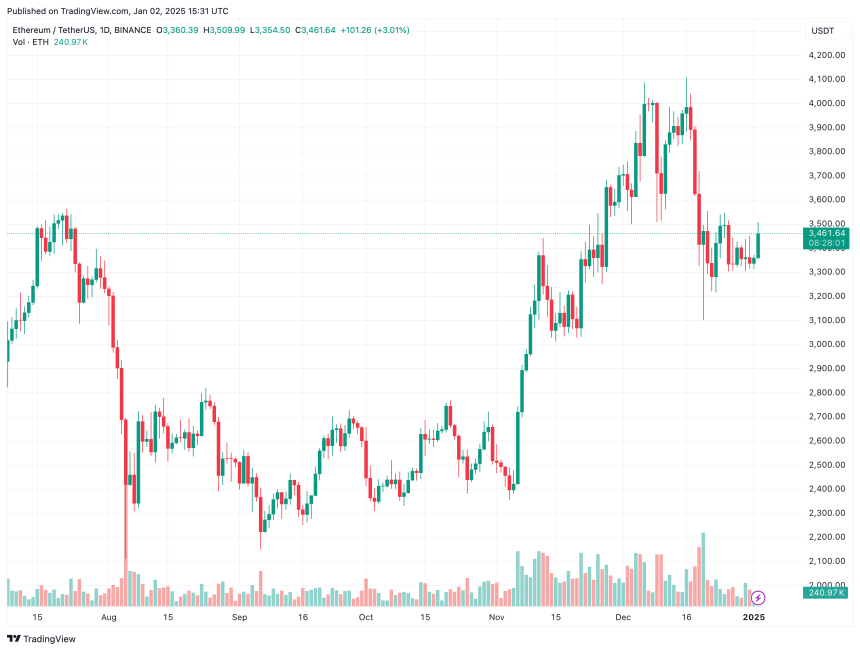Aave is an open source, unmanaged money market platform that offers a variety of debt based products in a decentralized manner. As a DeFi platform built on Ethereum, Aave houses ETH, a variety of stablecoins like DAI and USDC, and a variety of ERC-20 tokens from the decentralized financial ecosystem. Aave users can earn interest by depositing digital assets in a liquidity pool, Indicates an asset of the form. If users deposit their tokens in Aave's liquidity pool, aToken, which represents the interest-generating token held by the user. To borrow from Aave, users must post enough collateral in another asset to back the loan. This secures the money in the agreement in case the loan fails to be repaid or the value of the collateral falls.
Steady-rate loans have a steady rate of interest over time, similar to traditional bank loans. Floating rate loans have dynamic interest rates that fluctuate according to supply and demand. As with many DeFi lending platforms, a key element of the Aave market mechanism depends on excessive collateral, which can remain open as long as there is sufficient collateral to support both stable and floating rate loans. Flash lending is a novel experimental lending mechanism that requires no collateral, but the loan must be repaid within a single Ethereum block. Flash loans are designed for developers or people with some technical knowledge.
(DAO) governance model in which holders of AAVE governance tokens are incentivized to securely manage and develop the platform by voting and pledging tokens. Holders are responsible for recommending and voting on changes to the platform and jointly managing risk and reward leverage in the Aave money market. While Aave was originally launched in 2017 using native LEND tokens, its DAO's first Aave improvement proposal voted to approve the token migration to Aave tokens, which was implemented in September 2020.
tokens < / div >
Aave Use overmortgage and resolution systems to manage the debt in their system. By depositing tokens into Aave, you can provide liquidity to Aave's token pool, which triggers aToken's automatic minting. These ERC-20 tokens are tied 1:1 to the value of the underlying asset and are a requirement for the liquidity you provide. ATokens earns interest directly in your wallet in real time, which fluctuates with borrowing demand and liquidity supply. By holding aToken, you continue to earn interest on the assets you deposit, which can be redeemed at any time. ATokens also entitles the holder to a percentage of Aave's Flash Loans facility.
Each aToken is based on a single cryptographic asset. Users who deposit ETH in Aave will mint aETH tokens, while users who deposit DAI in Aave will mint aDAI tokens. AETH and aDAI will earn different interest rates based on the supply and demand of lending for their underlying assets. The more assets are used, the higher the interest rate and the greater the risk. As utilization nears 100%, there is a real danger that liquidity will run out, which could result in the system becoming undercollateralized because the value of the collateral is insufficient to cover the debt or the user's desire to withdraw the collateral.
< / div >
This means that the value of the collateral locked in must always be higher than the value of the loan. With excess mortgages, the onus is on borrowers to ensure that the value of their collateral does not fall far below the minimum level, or they risk liquidation. When a loan is liquidated, a portion of the collateral is automatically sold to pay off a portion of the debt, as well as any penalties and fees.
But clearing ensures the effectiveness of the Aave platform by removing untenable loans from the system -- helping to ensure that other users have enough liquidity and maintaining balance on the platform. If the clearing event is not enough to maintain liquidity in the system, AAVE tokens locked in the security module will be auctioned on the open market to restore liquidity to the platform.
In an example of DeFi composability, Aave integrates with other decentralized financial platforms such as Balancer to create novel financial products and mechanisms. Aave Security module is a designated liquidity pool on the Balancer platform where AAVE token holders can lock their tokens in order to get more AAVE tokens and vote on protocol decisions. The AAVE token locked in the security module earns fees from the AAVE agreement to ensure its liquidity mechanism, and becomes the last collateral illiquidity in the event of deficit events where the assets on AAVE are overutilized and run at high risk.
Maintaining liquidity through excess mortgage is the key to Aave. Without liquidity, there will be no new borrowing. In the event of a deficit event, up to 30% of AAVE tokens locked in the security module are sold to provide more liquidity for the agreement.
Native token allocation 81.25% Ecological incentive 18.75% | Distribution of tokens | Number of | Percent |
|---|
| Native token allocation | 13000000 | 81.25% |
| Ecological incentive | 3000000 | 18.75% |
Aave Related Information

AAVE Price Hits 18%, Why It’s Pumping Today?
CoinGape

2024.12.24 08:40

Aave Achieves Record $35 Billion In Net Deposits – Is 2025 The Year Of DeFi?
NewsBTC

2025.01.03 02:30









